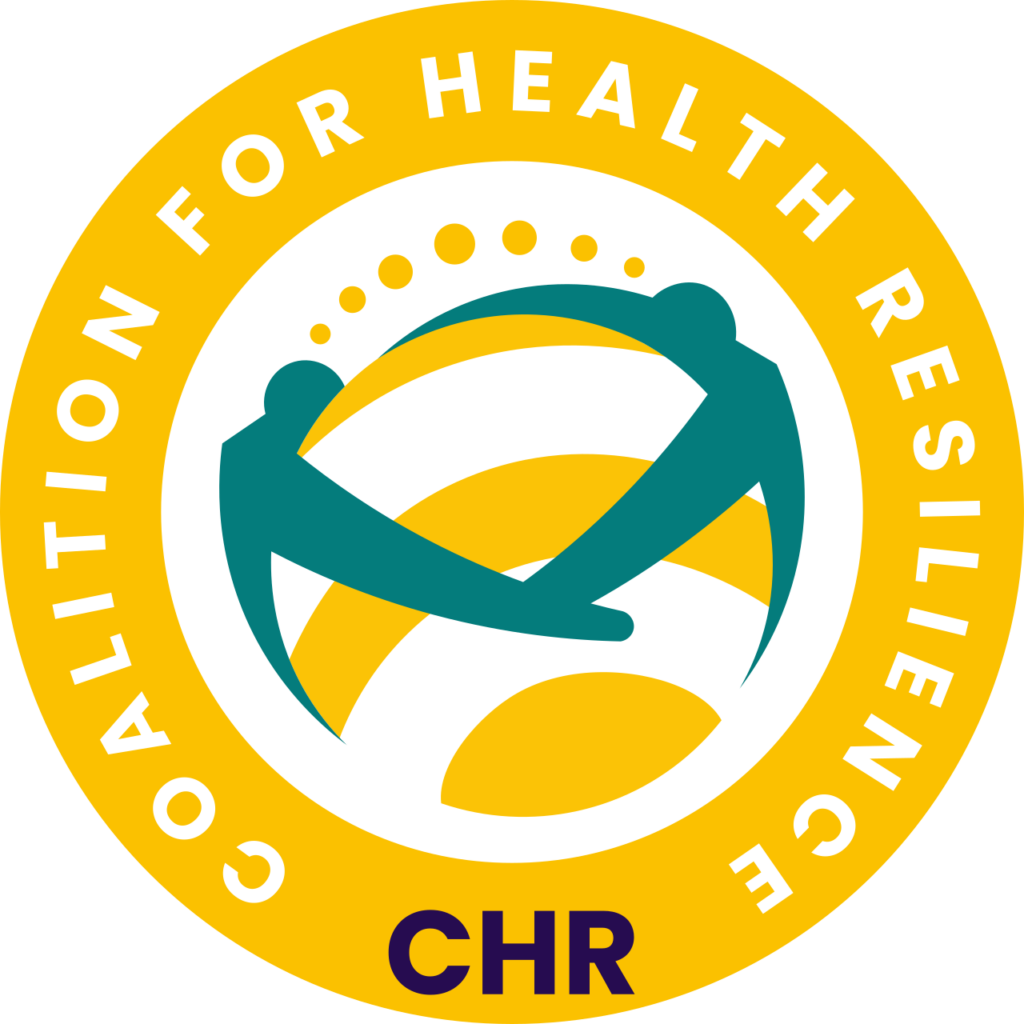Autism can be scary to so many parents, and it makes sense. Let’s take the case of Charlie, who is diagnosed with profound autism and has had some serious challenges in his life. Charlie’s autism is more severe than most and can put him in dangerous situations. He has urges to eat things he shouldn’t, like coins, and doesn’t have the awareness to tell when something can hurt him . His mom, Eileen, describes how excited she was to welcome Charlie into her life, how much she loves and worries about him, and how challenging it has been for her to raise Charlie and her other children. The emotions Eileen felt might sound familiar to many parents across the United States, but despite Eileen’s concerns for her son, she didn’t turn away from science. Instead, science has supported her to give Charlie a better life.
You’ve likely heard alot about autism from friends, online, or even in the news. Autism cases have gone up in the last 20 years and stories like Charlie’s can paint a scary picture, making people question what’s safe. It’s no wonder there is a push to find the cause by September. But can we do it? Well….let’s talk about it.
At first glance, focusing efforts on autism can seem like an all around good thing. The thing is, a promise to solve the problem by September ignores the years of work people have already put into trying to figure it out. In fact, autism has been talked about for over 100 years, but the words we have used and what they mean has changed over time as we learn more about it. Right now, we understand autism as a spectrum. This means it affects people in different ways and at different levels. Autism spectrum disorder helps us describe people who have developmental disability because their brain works differently. Autistic people don’t usually look different from anyone else, but the disorder can change the way they act, talk, or even learn.
People have cared about autism for a long time, so why do we see more cases now? Could it be something in the water? Or even in our vaccines? Those are all good questions to be asking, and the good news is – we have some answers!
For starters, we are sure that vaccines don’t have anything to do with autism and it’s safe to say that people have really tried to figure that out for a long time now. The worries you might have heard about vaccines and autism (like the measles-mumps-rubella vaccine, for example) come from conversations about a research study that never actually found a connection between the two. The study was eventually removed from scientific literature, but news stories about it caused fear and confusion that people still feel today. Following this, others tried looking at that same question…..but still saw no link between vaccines and autism again, and again, and again. Autism symptoms sometimes pop up around the same age children get routine vaccines, so parents might still make the connection between the two, which can make sense when you worry about your chid’s health. Much like Eileen and Charlie, though, it’s important to follow the best science we have and right now it isn’t pointing us towards vaccines as the cause.
If it’s not vaccines…..then what is it? That part gets really tricky. From what we know now, autism seems to run in families and certain things in the environment may play a role too. The fact is, it’s probably not just one thing causing autism, but a lot of things working together, which is why the chances of finding “the cause” by September aren’t great. So if it’s not one cause, then why does it look like more people are being diagnosed with autism? Remember that we have known about autism for a long time and the way we think and talk about it has changed. We are seeing more cases mostly because we have widened the criteria we use to diagnose people and more people know about autism now that parents are on high alert (we have that one bad research study to thank for that). Now that we know more about autism, we can better diagnose children who were diagnosed with other conditions before, which means we can help more children live better lives.
It’s important to ask questions and be concerned about your child’s health. You are right to wonder about what is best for your child, and stories like Charlie’s can make it even harder. Remember, though, that Eileen did what was best for her child by listening to evidence instead of listening to fear. Parents all over the United States, like Matthew, are doing the same thing. They are taking the right steps to protect their children from preventable diseases through vaccination and using the same evidence-based ways of thinking to help them live better lives. They know that fear shouldn’t decide what is best for their children. While we should keep trying to understand more about autism, we have to remember that this is something our communities already have some answers to, and they tell us vaccines are safe. It’s important to ask questions – so ask yourself, is it fear or knowledge that I am using to make decisions for my loved ones?

